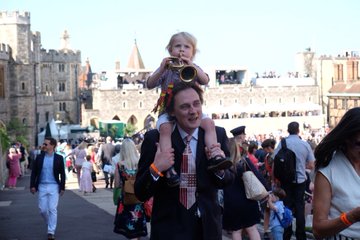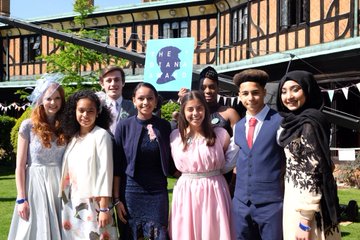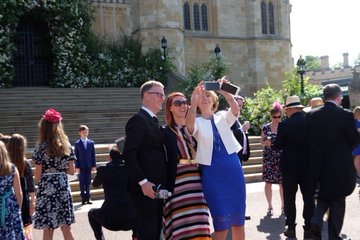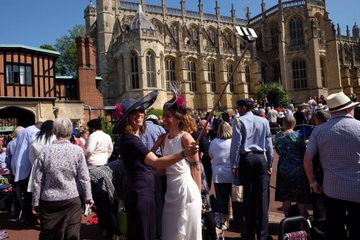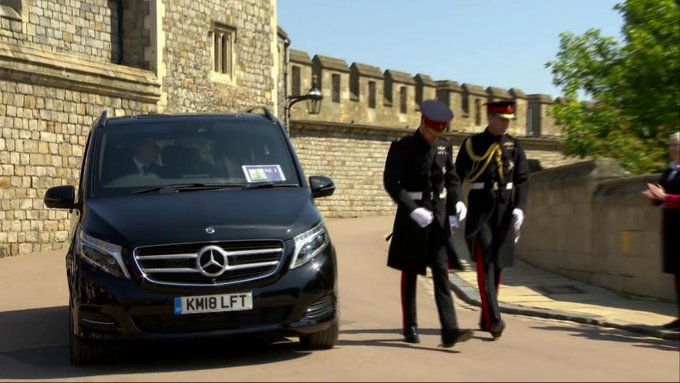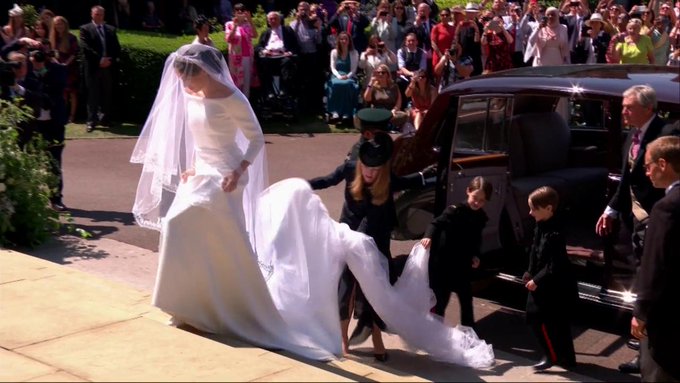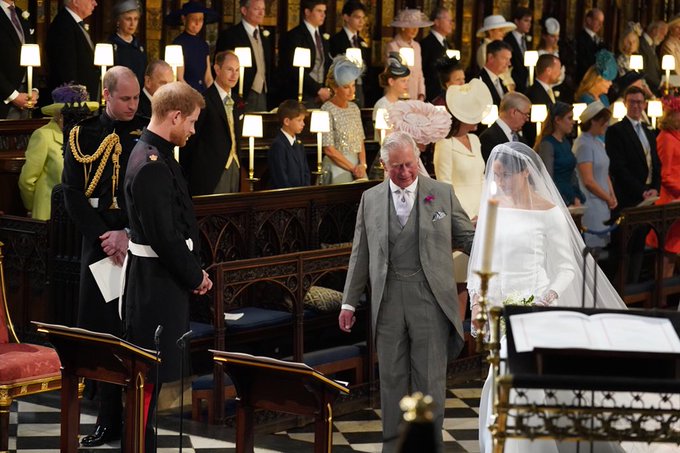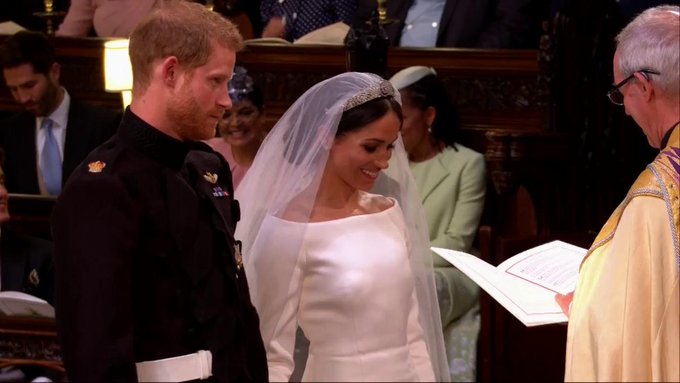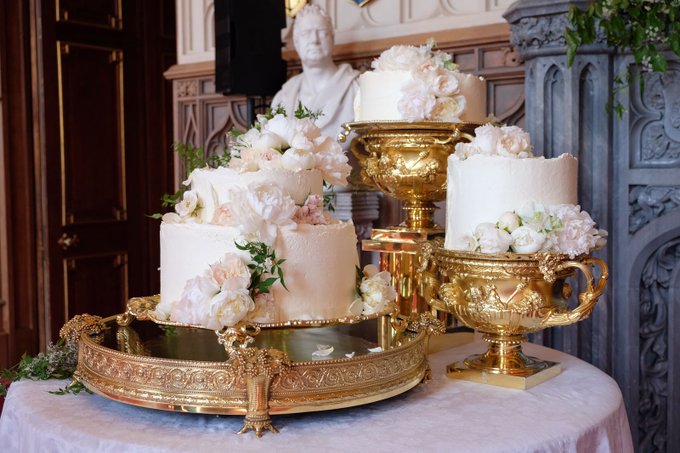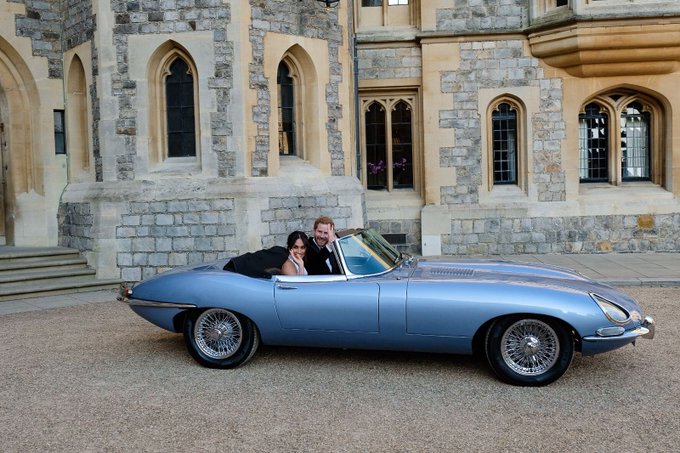31.5.18
30.5.18
29.5.18
28.5.18
26.5.18
25.5.18
24.5.18
23.5.18
22.5.18
21.5.18
20.5.18
How To Write An Ending To A Letter - tutorial
How to End a Letter in English - Learn how to end a letter in English. In this video we take a look at the different ways you can end a letter in English and present some examples to help beginners.
An informal letter or email is usually between people who know each other fairly well. In addition to giving news, they are often used to request information, congratulate people, give advice and ask questions. There are a lot of similarities between informal letters and conversation. Informal letters ask a lot of questions, show interest and enthusiasm, and imagine a lot of shared information.
In many exam questions, you will be told what to include in your reply. Make sure that your reply answers any questions that you were asked in the task and takes into account any additional information that you have been told to mention. It is important that you include these in order to get a good grade.
How to write informal letters or emails
Salutation or Greeting
- Start with Dear followed by the first name of the person to whom you are writing. In emails, you can also start with Hi (and the person's name). Dear Ben, or Hi Ben,
(Don't forget to use only the first name of the person you are writing to and not Dear Mr John, which is never used, or Dear Mr John Brown, which sounds too formal.) - Informal letters sometimes have a comma after the person's name, and the letter starts on the line below. The important thing is to be consistent with the style that you choose to use (so if you use a comma after the person's name at the start of the letter, use a comma after the closing statement at the end).
Body
Openings
When writing an informal letter, you are usually replying to another letter. You would normally start with a greeting, then acknowledge the letter to which you are replying. It is often a good idea to acknowledge some key information given in the original letter too. You can also make a comment on your own reply.
Useful phrases for the opening
- How are you? / How have the family been? / I hope you are well.
- Thank you / Many thanks for your (recent/last) letter / postcard.
- It was good / nice / great to hear from you again.
- I was so surprised to hear that...
- I’m sorry I haven’t written / haven't been in touch for such a long time.
- It’s ages since I’ve heard from you. I hope you're well / you and your family are well.
- How are things? / How are you? / How’s it going?
Other useful phrases
Referring to news
- Great news about … Glad to hear that … Sorry to hear about …
Giving news
- Listen, did I tell you about …? You’ll never believe what …
- Oh, and another thing … This is just to let you know that …
- I thought you might be interested to hear about / know that …
- By the way, have you heard about / did you know that …?
Apologies
- I’m writing to apologise for missing your party but I’m afraid I was with flu.
- I’m really sorry that I forgot to send you a birthday card but I was busy with my new job.
Invitations
- I’m / We’re having a party on Friday 19th and I / we hope you’ll be able to come.
- Would you like to come / go to see ‘Room With a View’ with me at the weekend?
- I was wondering if you’d like to go to the theatre / come on holiday with us.
- Could you let me / us know if you can come / you’d like to join us?
- Thank you very much for your invitation. I’d love to come.
- Thank you for asking / inviting me to … but I’m afraid I won’t be able to …
Requests
- I’m writing to ask for your help / you (if you could do me) a favour.
- I wonder if / I was wondering if you could help me / do me a favour.
- I hope you don’t mind me asking but could you (possibly) …?
- I’d be very / really / terribly grateful if you could …
Thank you / Congratulations / Good Luck
- I’m writing to thank you for your hospitality / the wonderful present.
- It was so kind of you to invite me to stay with you.
- I really appreciated all your help / advice.
- Congratulations on passing your exams / your excellent exam results!
- I wish you good luck / Good luck in / with your exams / your driving test / your interview.
- Don’t worry, I’m sure you’ll do well / pass.
- Do be on time, won’t you, and don’t forget to …
Making suggestions and recommendations
- Why don’t you …? / Maybe you could …? / How about …?
- You can’t leave New York without (...doing sth)
- I’m sure you will enjoy (...doing sth). If you like, we can …
- Do visit ... / Don’t forget to ...
Closing
The end of your letter is as important as the beginning. There are some standard ways of finishing an informal letter or email.
- Give a reason why you're ending the letter: Anyway, I must go and get on with my work! / I guess it's time I got on with that studying I've been avoiding.
- Send greetings and/or make reference for future contact: Give my love / regards to... / Say hello to... / Anyway, don't forget to let me know the dates of the party. / I'll try and phone you at the weekend to check the times. / We must try and meet up soon. / I can't wait to hear from you / Look forward to seeing you again / Hope to hear from you soon / See you soon / Write soon
- Closing statement such as Love, Lots of love, All the best, Take care, Best wishes, should be written on a new line. If you used a comma after the opening greeting, use a comma here too.
- Signing off: Your first name then follows on another new line.
Other things to consider
Range: It is important that you use grammatical expressions and vocabulary appropriate to the level of the exam. Even if there are no mistakes in your writing, you will not be able to get a good grade if you use only the language and vocabulary that you learnt at elementary level. Even in informal writing, there is a good range of language you can use (conditional sentences, a range of perfect and continuous tenses, indirect questions...)
Informal language, including phrasal verbs, informal vocabulary ("I guess you loved the pics"), contractions, question tags.
Simpler sentence structure: I’ll be late for the party. It’s because of my French exam.
Connectors: All good writing makes good use of connectors. However, many of the connectors you have learnt for other styles of writing are inappropriate in an informal letter or email. For informal writing, you need to use some of the connectors that are more specific to spoken language.
- To introduce a topic: Well, you'll never guess who I bumped into yesterday. / I know how much you love tennis, so I've got us some tickets to Wimbledon. / By the way, did you know that John's got a new job?
- To go back to a previous topic: Anyway, as I was saying earlier, I really wasn't very happy there. / Now where was I? Oh yes, I nearly forgot, Mary asked me tell you about the cinema.
- To introduce surprising or bad news: Actually, he came to the party after all. / I'm really sorry but I can't make it. / To tell you the truth, I don't really like sports much.
- To summarise what you've already said: Anyway, we had a really nice time in the end. / Well, to cut a long story short, we didn't get there on time.
Model questions and answers
Informal email/letter 1 - Model question
TASK
You have received this email from an English-speaking boy called Simon.
Hello,
I would like to get to know someone from your country and a friend has told me that you would like to practise your English. Perhaps we could email each other. Could you tell me a bit about yourself and your family? Could you suggest how we might meet sometime in the future?
Thanks,
Simon
Write your email in 140-190 words in an appropriate style.
Informal email/letter 1 - Model answer
Hello Simon,I'm glad you're interested in my country. As your friend said, I'd like us to email each other to help me improve your English.Let me start by telling you a bit about myself and my family. My name's Ivo and I live in Kutna Hora, which is about 45 minutes from Prague by car. I used to work for a medical company but now I'm learning to be a salesperson. In the future I want a job where I can travel for my work. I've already been to a few places in Europe but I've never been to an English-speaking country.I live at home with my parents, which is convenient, as I don't have to do much housework and my meals are cooked for me. My younger brother is studying at university. Although he is four years younger than me, we get on quite well. We both enjoy snowboarding and music.What about you? Have you ever been to the Czech Republic? It would be great if you could come over one day and we could fix up a meeting. Why don't you let me know your plans?Anyway, I must go and get on with my work! Looking forward to hearing from you soon.Best wishes,Ivo(+/- 190 words)
Informal email/letter 2 - Model question
TASK
You have received this email from your English-speaking friend, Jean.
I hear you organised a surprise birthday party for your mother. I'd love to hear about it. What kind of party did you organise? Who did you invite? How did it go? Do tell me.
Love,
Jean
Write your email in 140-190 words in an appropriate style.
Note: The following model answer includes some notes to help
Informal email/letter 2 - Model answer
Open with an informal greeting
Hi Jean,Start your reply by referring to the sender's email/letter.
Good to hear from you again. I hope you're still enjoying your job.Give reason for replying
I'm glad you asked me about the party I planned for my mother's birthday. Well, I have to say it was a fantastic success. I told my mother we were taking her out for a quiet meal at a local restaurant with just the family, but in fact I'd(1) hired a large room in a hotel and invited all her old friends!(2)Start a new paragraph as the topic has changed slightly.
Use an informal linking word/phrase
Anyway, I picked my mother up and told her I'd changed my mind. We were going to have a meal in a hotel. You should have seen her face when she walked into the room and everyone cheered! She just couldn't believe it and burst into tear(3). Then the party got going and it didn't finish until four in the morning. We were absolutely exhausted, but my mother had had a wonderful time.When you close, make an excuse to finish.
Must dash now - I've got to go to college. Hope to hear from you (4).Make sure you finish with an informal phrase
Love,Tania(1) Use contractions
(2) Use some exclamation marks (but not too many) to express emotion.
(3) Use a range of appropriate vocabulary and informal expressions
(4) Short sentences are acceptable(+/- 150 words)
Semi-formal email/letter 3 - Model question
TASK
Your recently helped organise a college ski trip and you have received this email from a parent of one of the students who went.
I understand you were one of the organisers of our son's ski trip. I have to say my husband and I were extremely dissatisfied with the arrangements. My son has informed us that the ski slopes were poor, the lessons were fewer than promised and the accommodation was inadequate.
Can you please give us a satisfactory explanation?
Yours sincerely,
Nora White
Write your email in 140-190 words in an appropriate style.
Note: As you are writing to a parent the register of this letter should be semi-formal, which is characterized by:
- the use of less colloquial language - e.g. Thank you very much for your letter (instead of: Thanks a million for your letter.)
- less frequent use of short forms, phrasal verbs and idioms - e.g. I am writing to request information about... (instead of: I thought I'd drop you a line to ask about...)
- a polite, respectful tone - e.g. I was wondering if you had ... (instead of: Do you have...)
Semi-formal email/letter 3 - Model answer
Dear Mrs White,First, let me apologize for any disappointment your son experienced on our ski trip. It is true that there were several concerns. Since we had been led to believe by the company that there would be sufficiente slopes for both beginners and advanced skiers, we were extremely upset when this turned out not to be the case. It was also unfortunate that lack of snow meant that artificial snow had to be used istead.As for the question of lessons, if you look at the letter we sent you, you will see that only five one-hour ski-lessons were included in the price and that extra hours would have to be paid separately.lIn relation to accommodation, I am not quite sure what you are referring to. I know that in one room there were not enough beds but this was not the case in your son's room.We would like to assure you that we take all complaints seriously. We have already decided that next year we will change the company and the location for our trip and we hop that your son will consider joining us again.Yours sincerely,Waylon Smithers
http://www.rubenvalero.com/english/content/fce-informal-letter-or-email

19.5.18
The Wedding of The Duke and the Duchess of Sussex
On the morning of the wedding it was announced that The Queen had conferred a Dukedom on Prince Henry of Wales; The Duke of Sussex. His titles are therefore Duke of Sussex, Earl of Dumbarton and Baron Kilkeel.
Prince Harry and Ms. Meghan Markle: Titles Announcement #RoyalWedding https://bit.ly/2wTbBdT
On her marriage to The Duke of Sussex, Ms. Meghan Markle will become known as Her Royal Highness The Duchess of Sussex.
Members of the public played a big a role in the wedding, with many choosing to stay overnight. The night before the wedding, the then Prince Harry and The Duke of Cambridge met some well-wishers in Windsor.
2,640 people were invited to watch the wedding from inside the Castle Grounds. Many came from charities close to the couple, as well as over 1,200 who were nominated by their Lord Lieutenants.
Guests are enjoying the sunshine and the atmosphere as they get ready to see Prince Harry and Ms. Markle arrive –and depart as Man and Wife! #RoyalWedding
The Duke of Sussex, accompanied by his Best Man and brother, The Duke of Cambridge, walked down Castle Hill to St George’s Chapel, both wore the frockcoat uniform of the Blues and Royals.
Prince Harry and his best man The Duke of Cambridge arrive at St George's Chapel #RoyalWedding
Other members of The Royal Family then began to arrive at the Galilee Porch of the Chapel, with The Queen and The Duke of Edinburgh arriving just before 12pm. The ten Bridesmaids and Pageboys then entered the Chapel’s South Door.
The Queen and The Duke of Edinburgh arrive at St George's Chapel #RoyalWedding
Ms. Meghan Markle then arrived at the South Door of the Chapel, giving the world the first glimpse of her wedding dress.
Ms. Meghan Markle arrives at St George's Chapel #RoyalWedding
The dress was designed by Clare Waight Keller for Givenchy. The veil represented all 53 Commonwealth Countries, featuring distinctive flora from each country.
The veil was held in place by Queen Mary’s diamond bandeau tiara, which was lent by The Queen.
After processing down the Nave, the bride was joined by The Prince of Wales to walk through the Quire to reach the Altar and join The Duke of Sussex. Read the Order of Service.
The Prince of Wales accompanied Ms. Meghan Markle down the aisle of the Quire of St George’s Chapel today. #royalwedding
The Service was led by the Dean of Windsor, was Solemnised by The Archbishop of Canterbury and the Address was given by Bishop Curry from the Episcopal Church in the USA.
After the giving of the rings, The Archbishop of Canterbury joined the couple’s right hands and proclaimed them husband and wife. The couple will now be known as Their Royal Highnesses The Duke and Duchess of Sussex.
The Archbishop of Canterbury joins the couple's right hands together and proclaims them husband and wife #RoyalWedding
The rings were made by Cleave and Company. The Duchess’ was fashioned from a piece of Welsh Gold, gifted by The Queen, The Duke’s was a Platinum Band with a textured finish.
Accompanied by friends and family, The Duke and Duchess left the Chapel, exchanging their first kiss as a married couple. Their Royal Highnesses were greeted by 200 guests that are involved with organisations closely associated to the couple.
The couple then embarked on a Carriage Procession around Windsor Town, which was a chance for the public to see the newlyweds.
Thousands of people lined the Carriage Procession route, which travelled through Windsor in glorious sunshine.
The Wedding Reception, hosted by The Queen, took place in St George’s Hall, Windsor Castle. The by Claire Ptak was served at the Reception.
The wedding cake is to be served at the Reception. It was designed by Claire Ptak and features elderflower syrup made at The Queen’s residence in Sandringham from the estate’s own elderflower trees, as well as a light sponge cake uniquely formulated for the couple. #royalwedding
The Prince of Wales will then host a private evening reception at Frogmore House.
The Duke and Duchess of Sussex depart Windsor Castle for a reception hosted by The Prince of Wales at Frogmore House, in a silver blue Jaguar E-Type Concept Zero. This vehicle was originally manufactured in 1968, and has since been converted to electric power #RoyalWedding
The Bride's evening dress was designed by Stella McCartney and is a bespoke lily white high neck gown made of silk crepe.
Subscribe to:
Comments (Atom)


.bmp)


.png)










